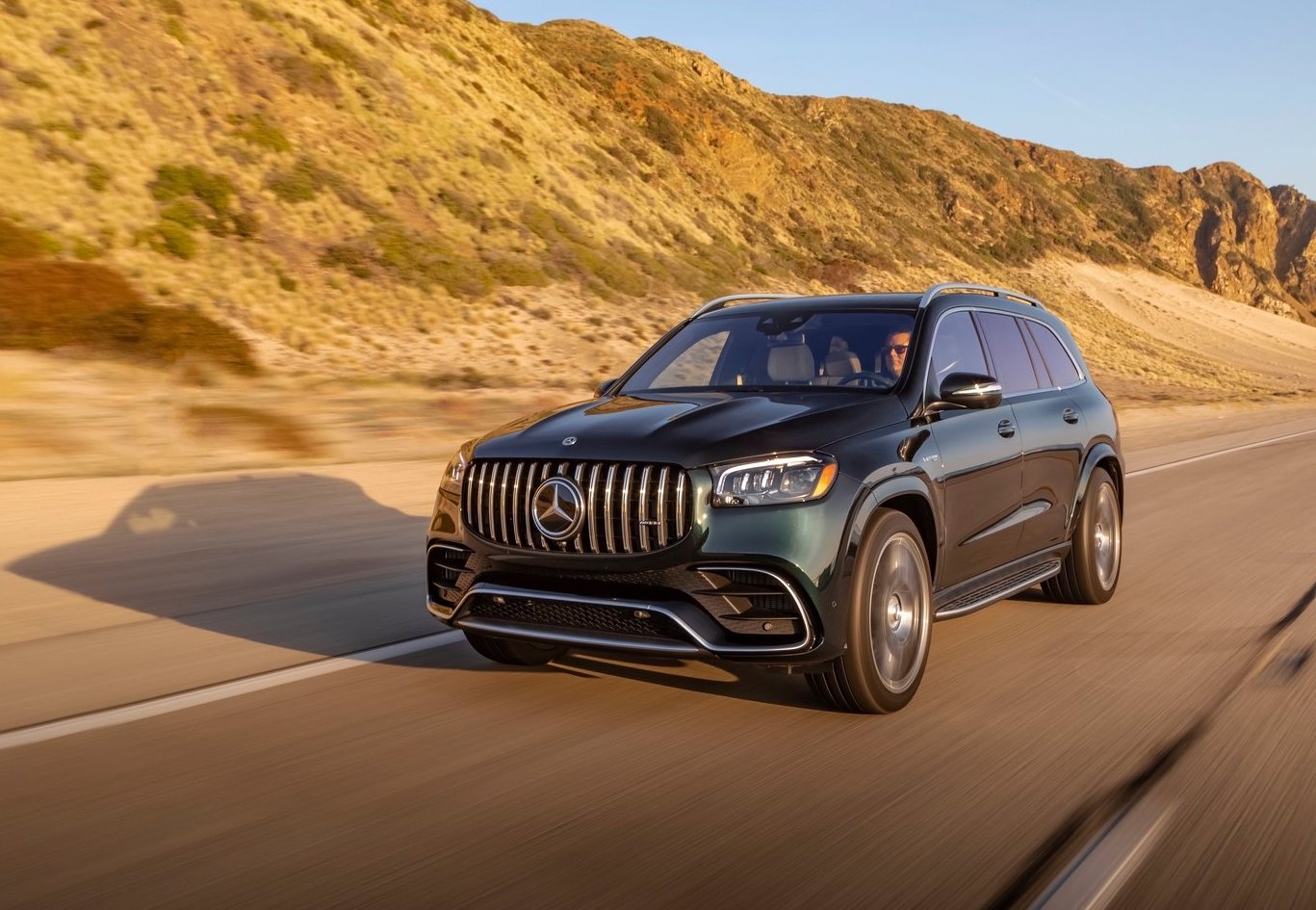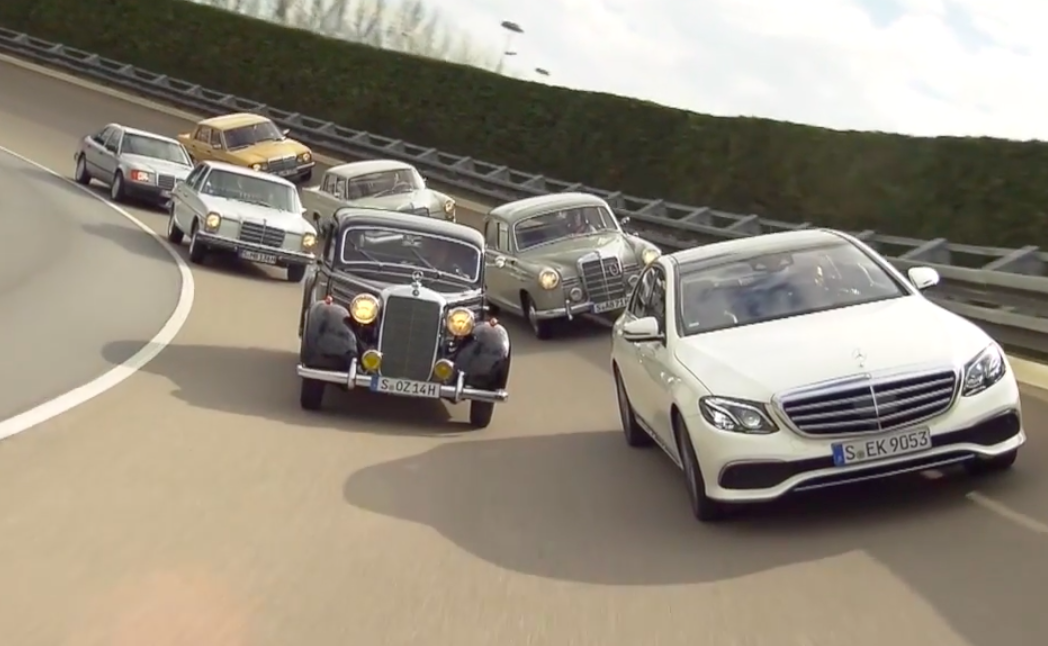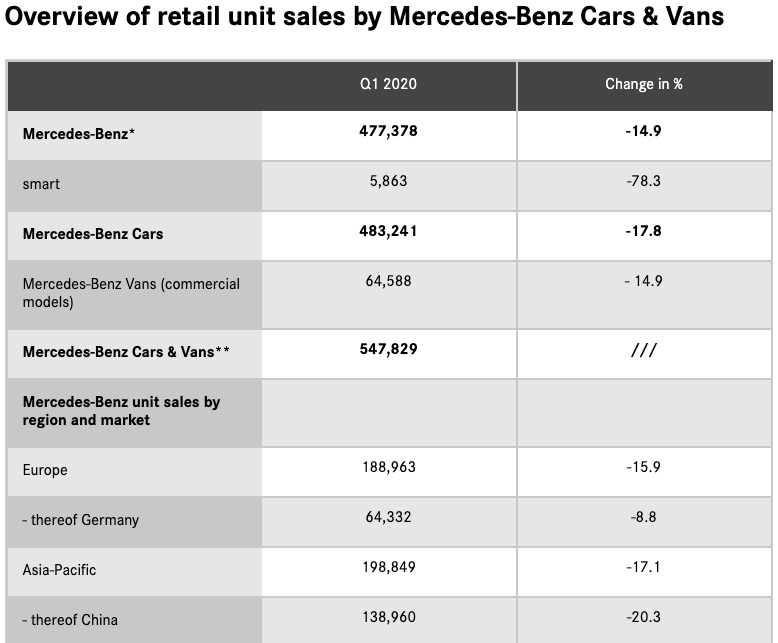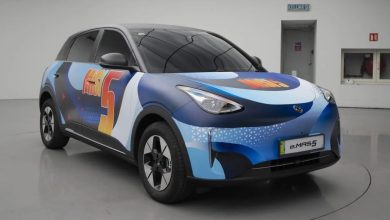Mercedes-Benz sees a slight drop in Q1 global sales

Will the luxury car segment survive the economic crunch that is coming with this COVID-19 lockdown? Not really as with all economic downturns in the past we have seen how the rich are little affected by any economic plunge and instead, it is this segment of car buyers that will just hold back a little and then ‘boom’ their wealthy will increase as they will be able to increase their net worth with ‘buying low and selling high’.
Meanwhile, Mercedes-Benz in Malaysia had a great sales year in 2019 with a total of 10,020 units taken up by happy customers. This figure represented a 1.8 per cent market share in the country and it kept the brand at its No.1 premium position for another year running and left BMW Malaysia in a close second as these two brands continue their tight yearly sales competition.

PRESS RELEASE: Daimler AG is supporting the measures to contain the COVID-19 pandemic and is following the directives and recommendations of international, national and local authorities. Accordingly, Mercedes-Benz continues to ensure that its customers worldwide receive important services and emergency services. A key role is played by the Global Logistics Center in Germersheim, which is responsible for the rapid delivery of parts to service centres around the world. The health and safety of its customers and employees have top priority. Appropriate precautions to prevent infection have been taken wherever work is taking place.

“The repercussions of the coronavirus affect us all and will continue to stay with us in the coming weeks. We took measures to protect our customers and employees at an early stage. Together with our global retail partners, we have further strengthened our online activities. Through our digital platforms, we are always available for our customers, especially in the current situation. We have not lost sight of our goals and are continuing to work on future planning and strategic projects so that we can quickly get back on track after the crisis,” stated Britta Seeger, Member of the Board of Management of Daimler AG and Mercedes-Benz AG responsible for Marketing and Sales. “In China and South Korea, our dealerships are fully open and we see a significant increase in demand there. That gives us confidence.”
After a good start to the year in January, Mercedes-Benz ended the first quarter with worldwide retail unit sales of 477,378 cars (-14.9%). For the smart brand, the phase-out of predecessor models and the switch to solely battery-electric driving had a strong impact on sales during the same period: Worldwide, 5,863 units of the smart brand were handed over to customers (-78.3%). Commercial vans unit sales (Citan, Vito and Sprinter) were also good in January and a total of 64,588 units were delivered in the first quarter (-14.9%).
Mercedes-Benz passenger cars and vans started the year with a significant increase in global deliveries. The Mercedes-Benz products were very popular. The pandemic developments in Europe and USA and the consequences of the temporary closures of retail businesses in those markets had a significant impact on unit sales in March. Despite the challenging conditions, the Mercedes-Benz Cars & Vans divisions sold a total of 547,829 units in the first quarter.
The year 2020 started well and we were able to increase sales of our core model series especially in January. The impact of the corona crisis seriously weakened our unit sales already in March, and we therefore did not achieve our target numbers in the first quarter. Nonetheless, we achieved a very good result, especially in Germany. Customer feedback has been positive, and we are seeing right now the contribution our products make in our everyday lives – be it as ambulances, in service to the police or to delivery services and craftsmen. We will stay consistent on our course with regards to electric mobility and other future planning.
Mercedes-Benz unit sales by region and market
In Europe, 188,963 premium automobiles with the three-pointed star were delivered to customers in the first quarter (-15.9%). In Germany, Mercedes-Benz sold 64,332 cars in the months of January to March (-8.8%). In its domestic market, Mercedes-Benz was the premium car brand with the most new-car registrations in the first quarter, and performed better than the market.



In the Asia-Pacific region, the Stuttgart-based brand with the three-pointed star ended the first three month of the year with 198,849 premium vehicles sold (-17.1%). In its biggest market China, Mercedes-Benz sold 138,960 cars in the period from January to March, which is 20.3% below the high prior-year level. First-quarter deliveries in North America amounted to 78,501 vehicles. Mercedes-Benz delivered a total of 67,746 premium automobiles with the three-pointed star in the core market USA, making it the highest-selling premium brand in the USA from January to March (-4.8%).




